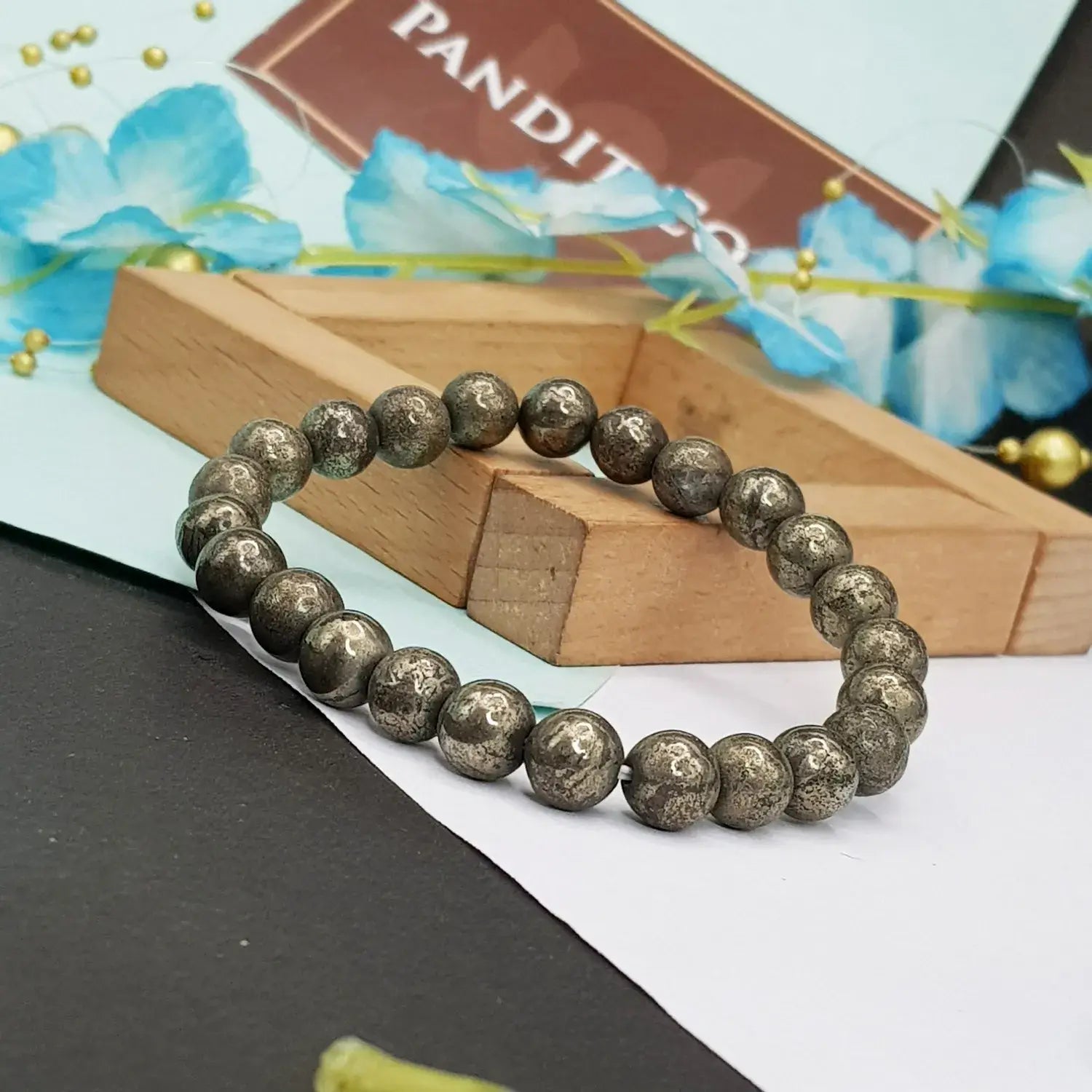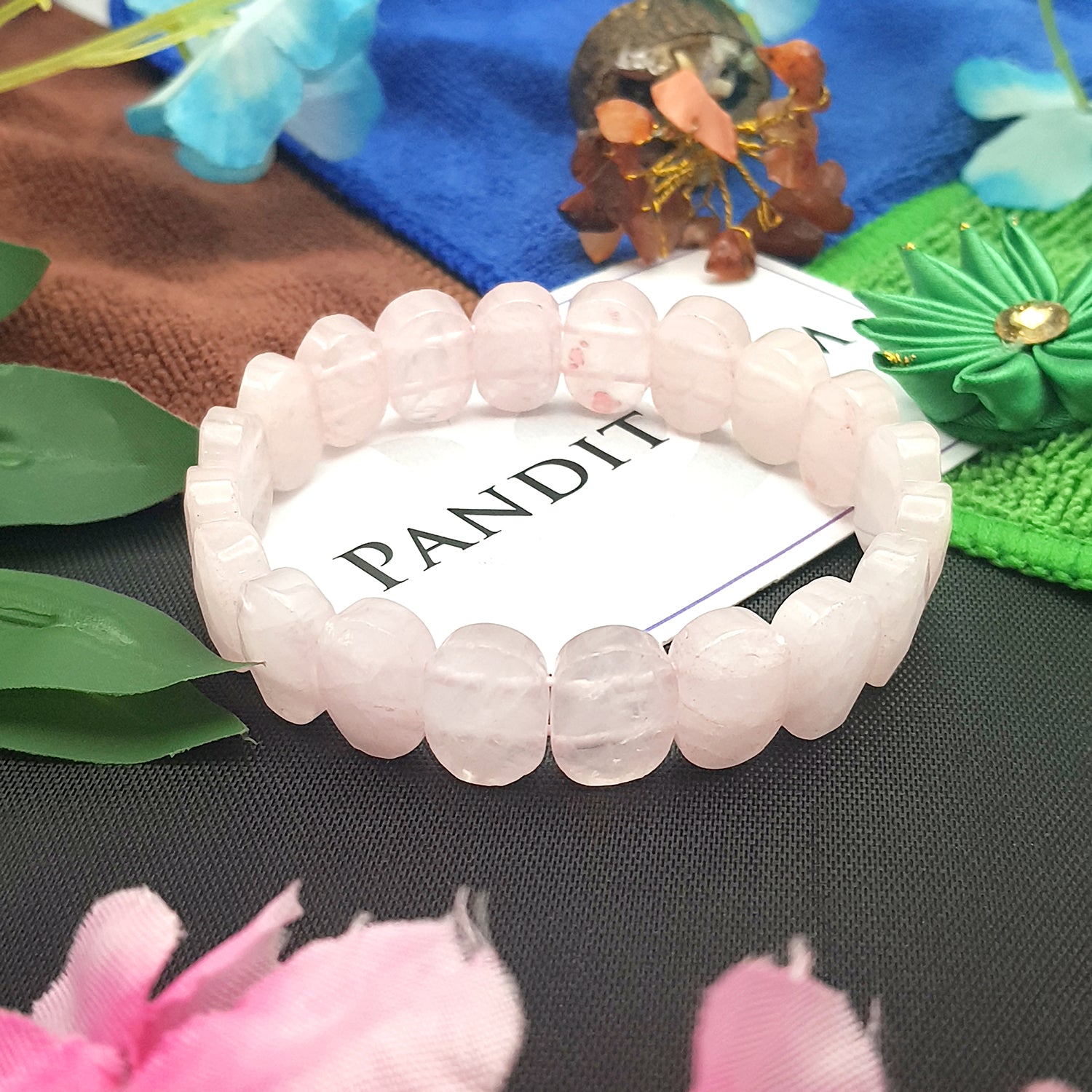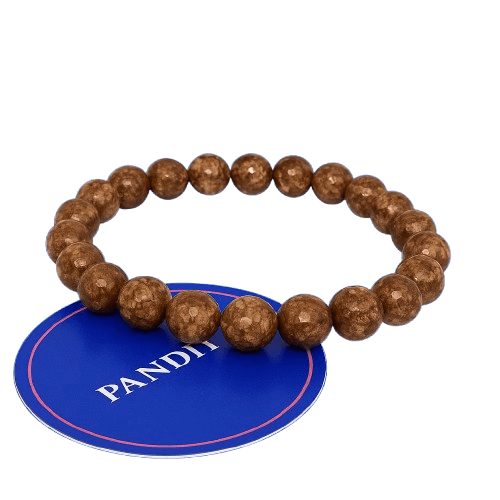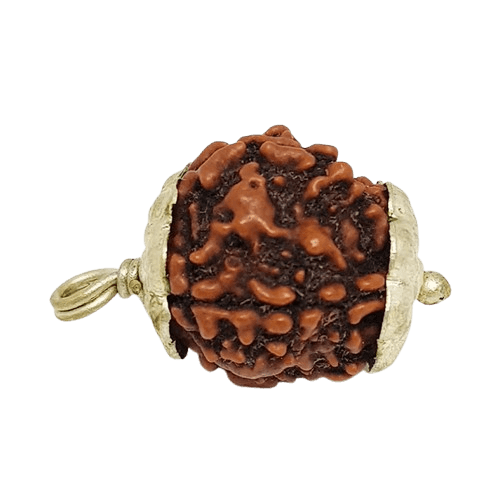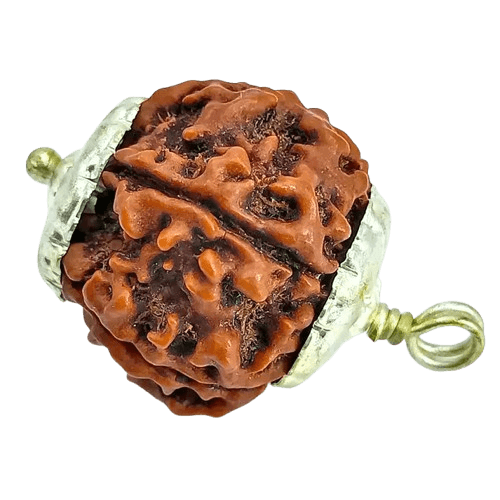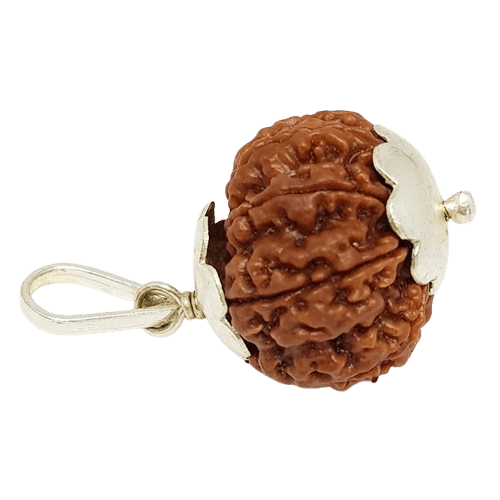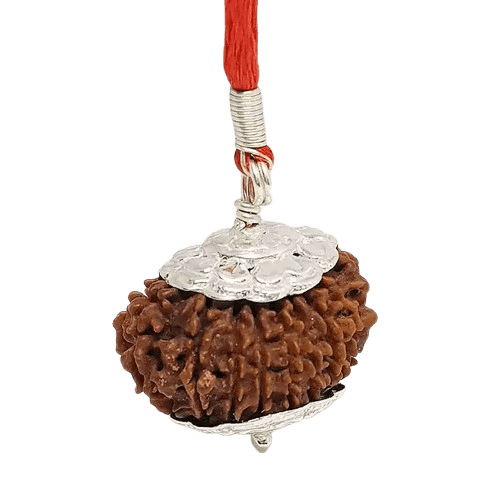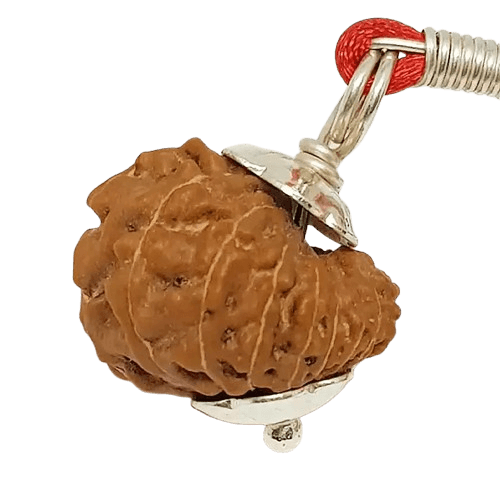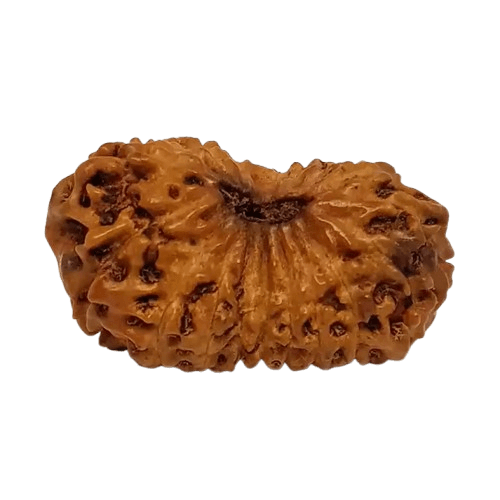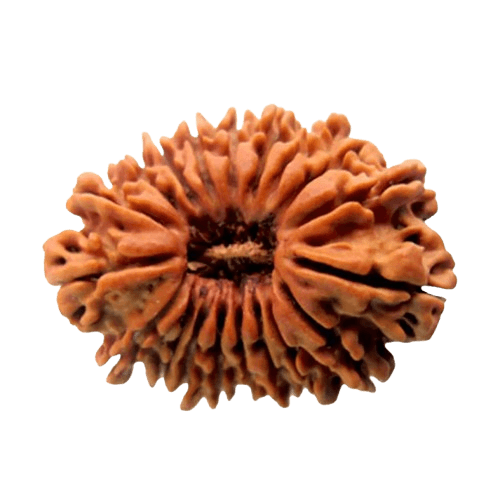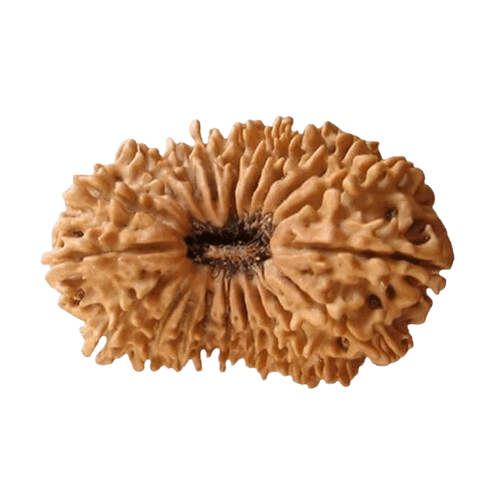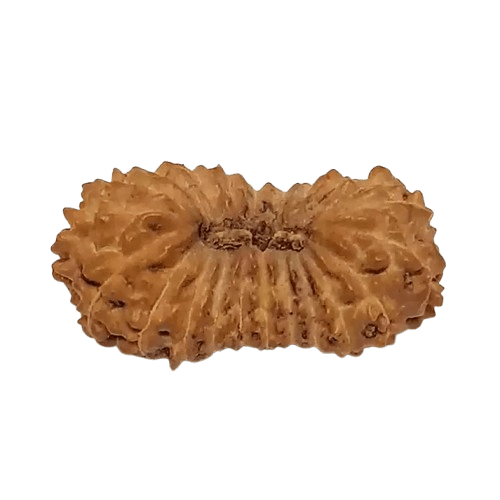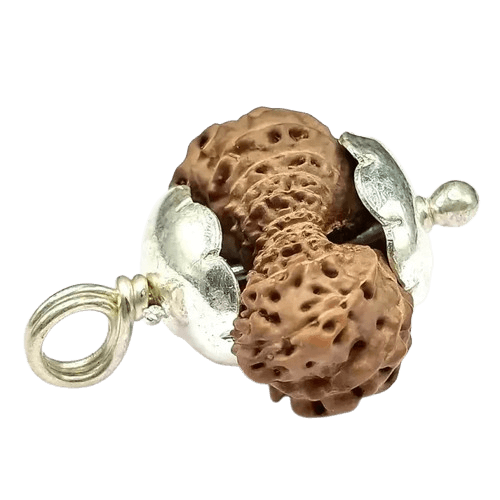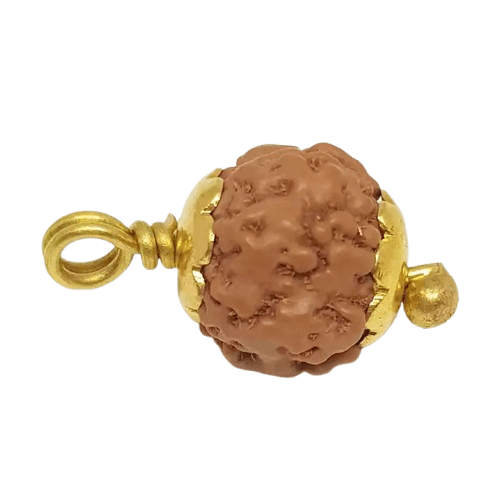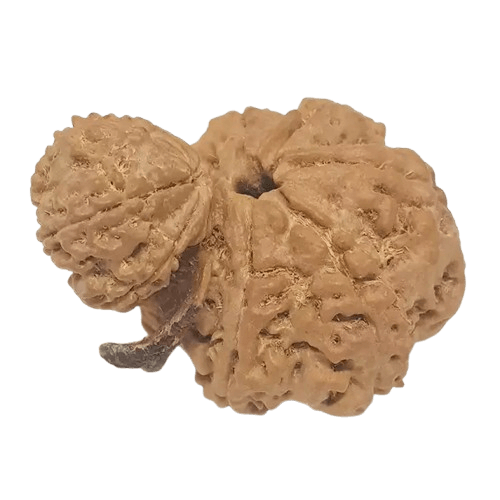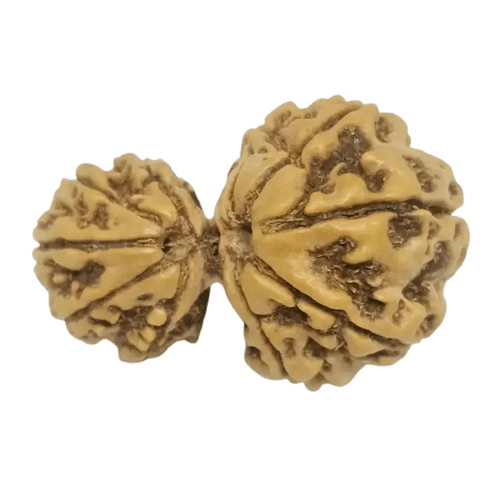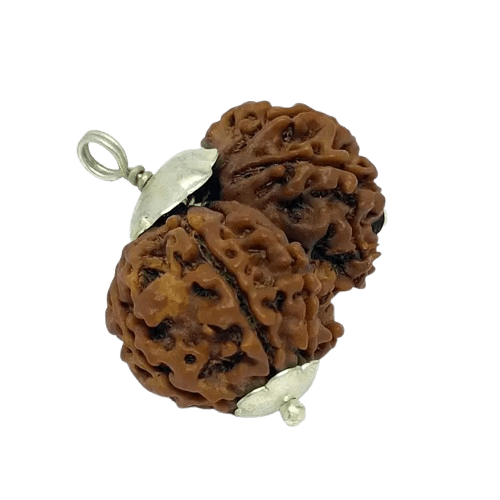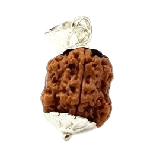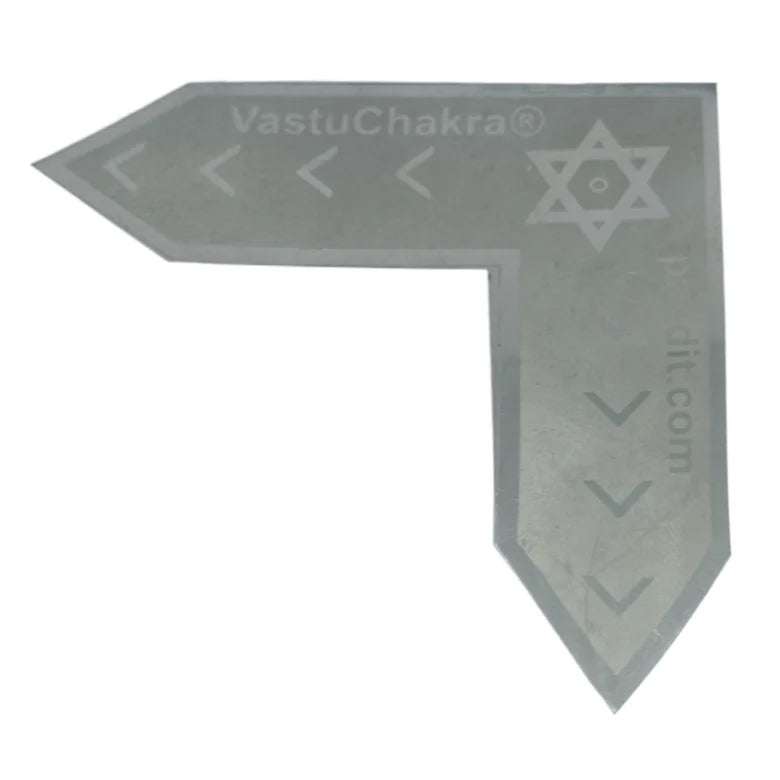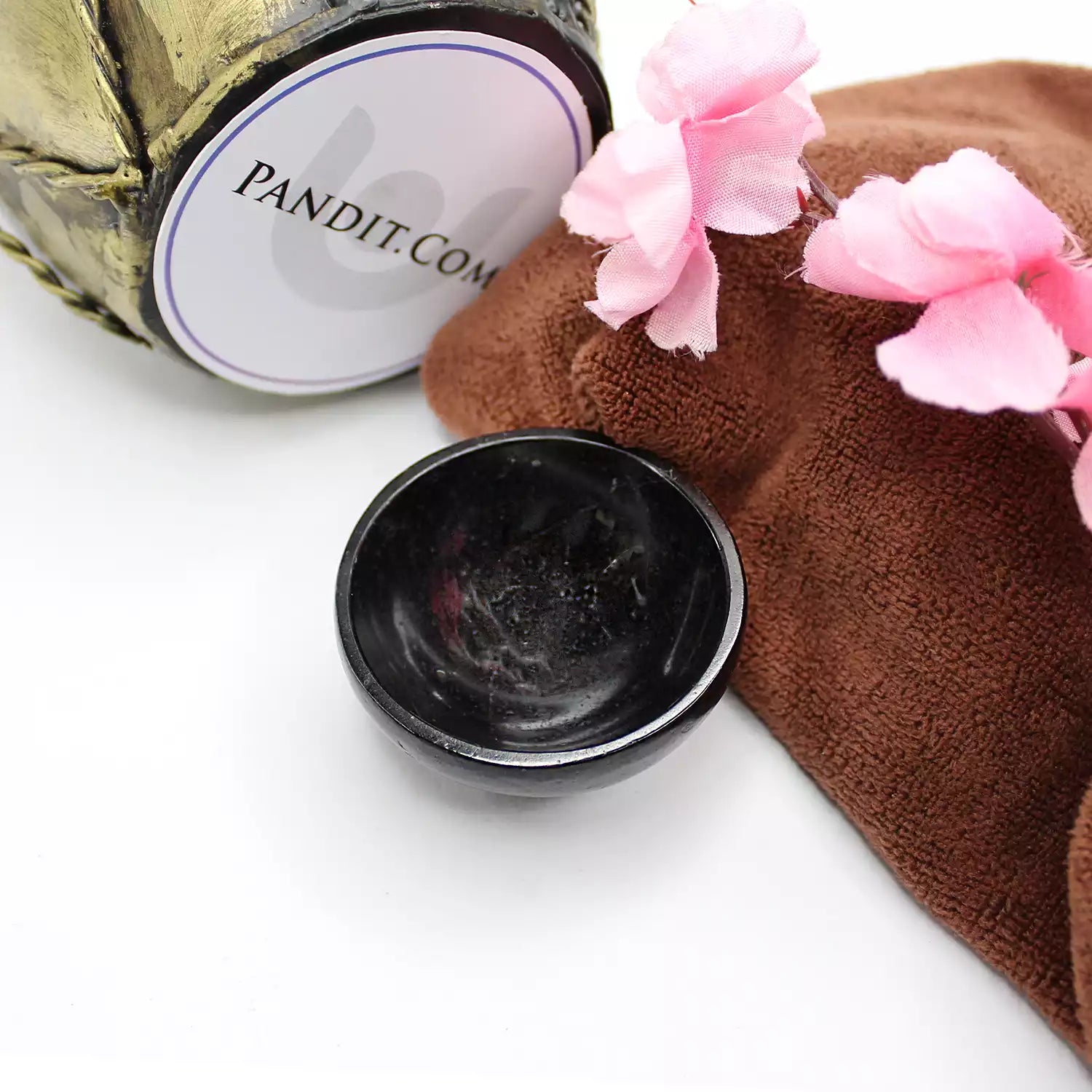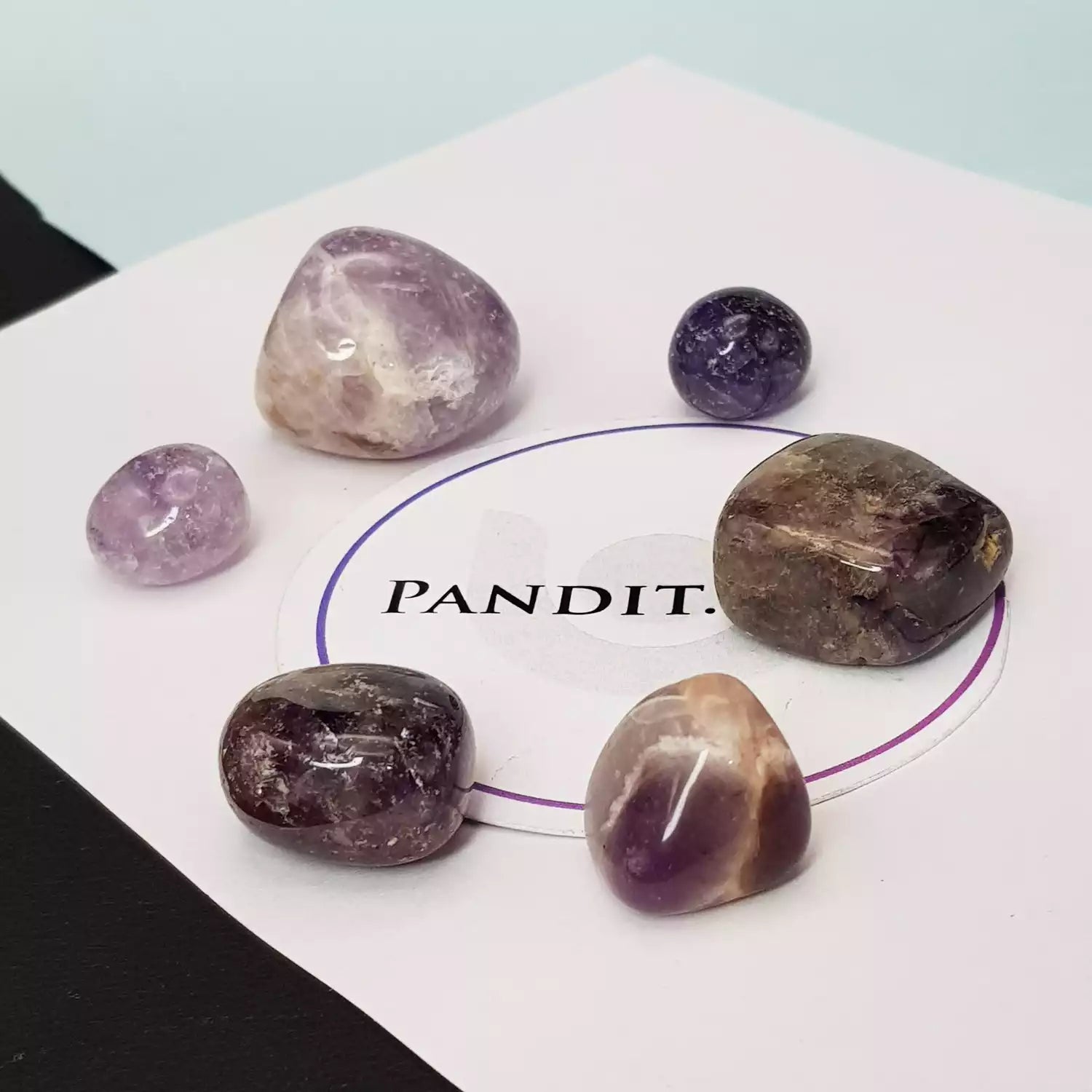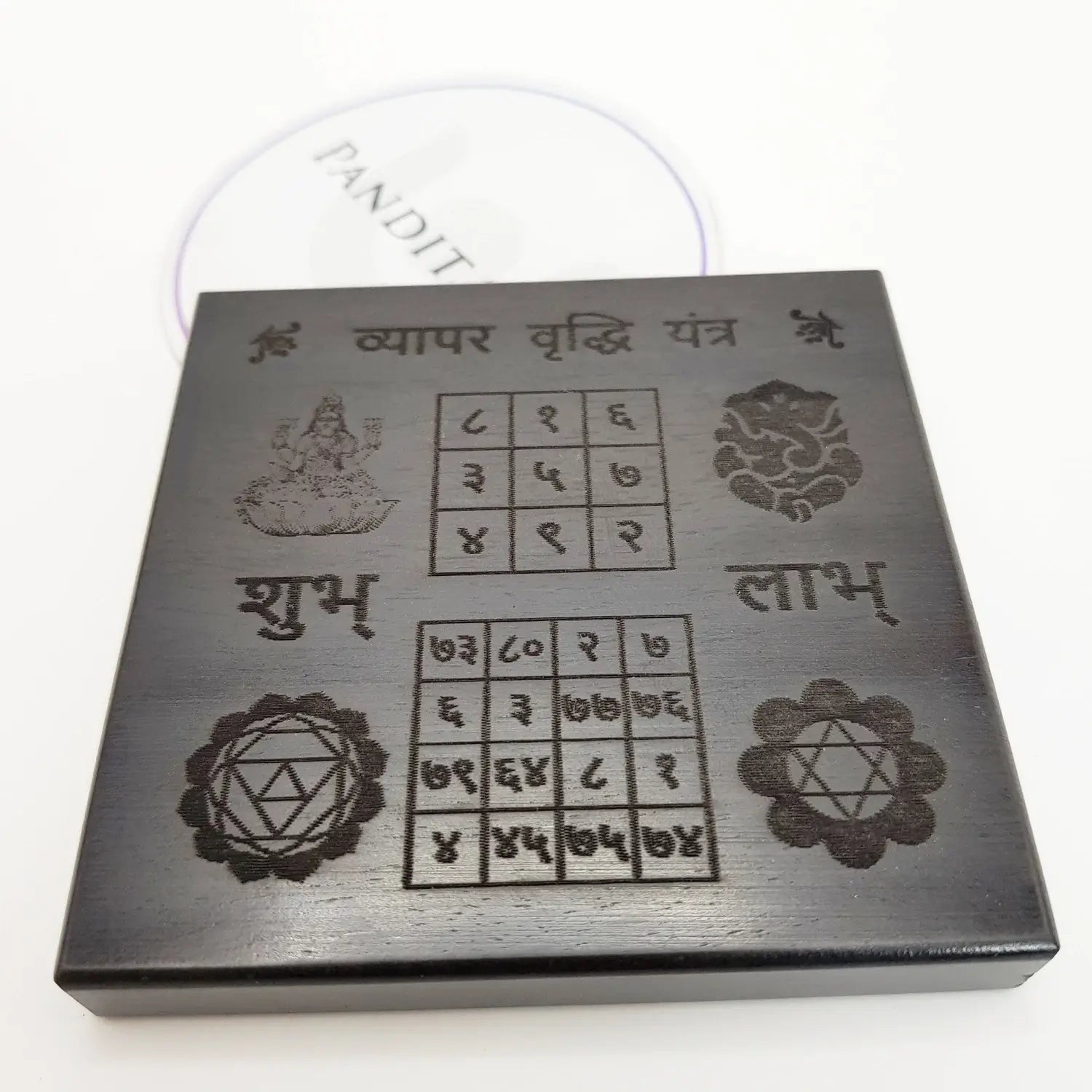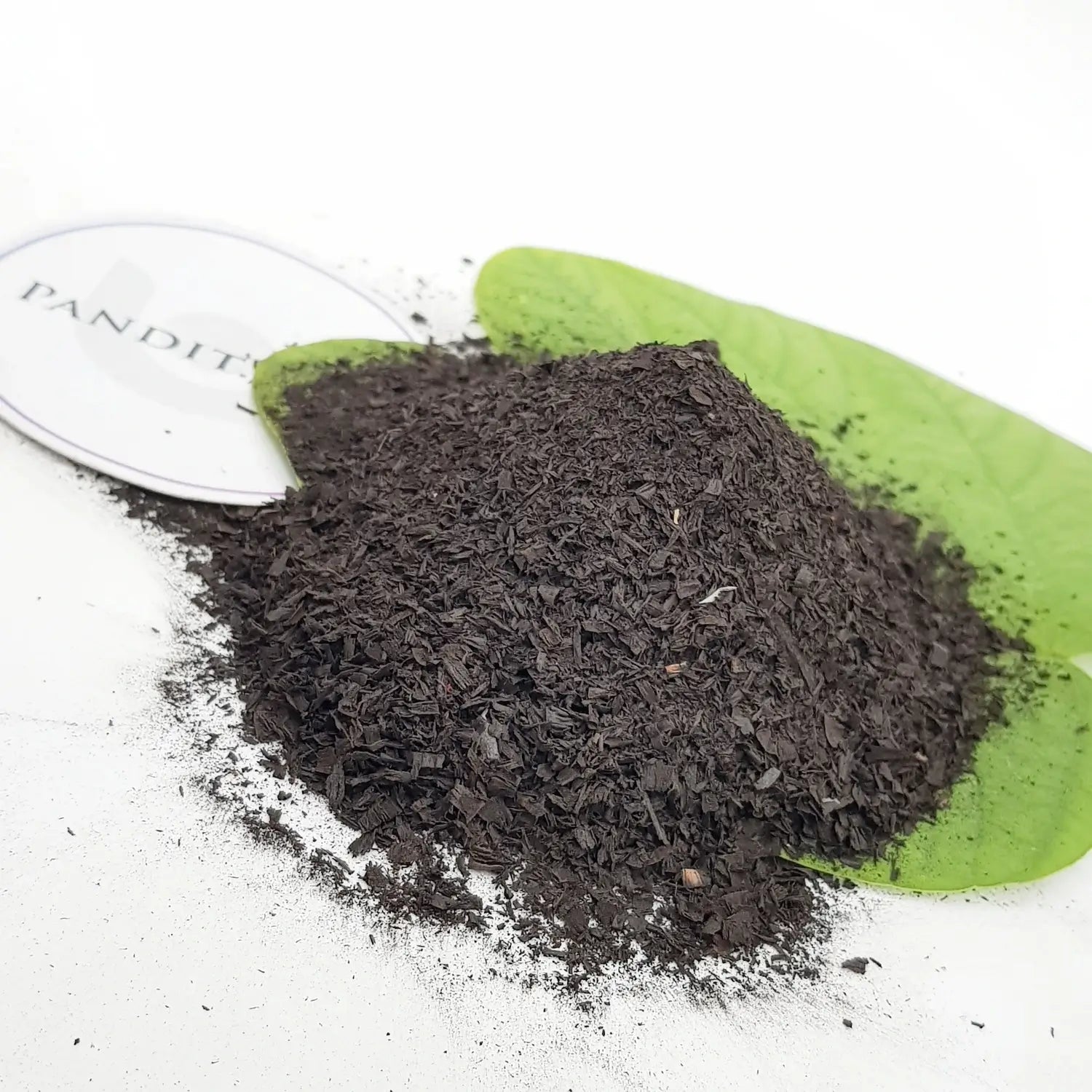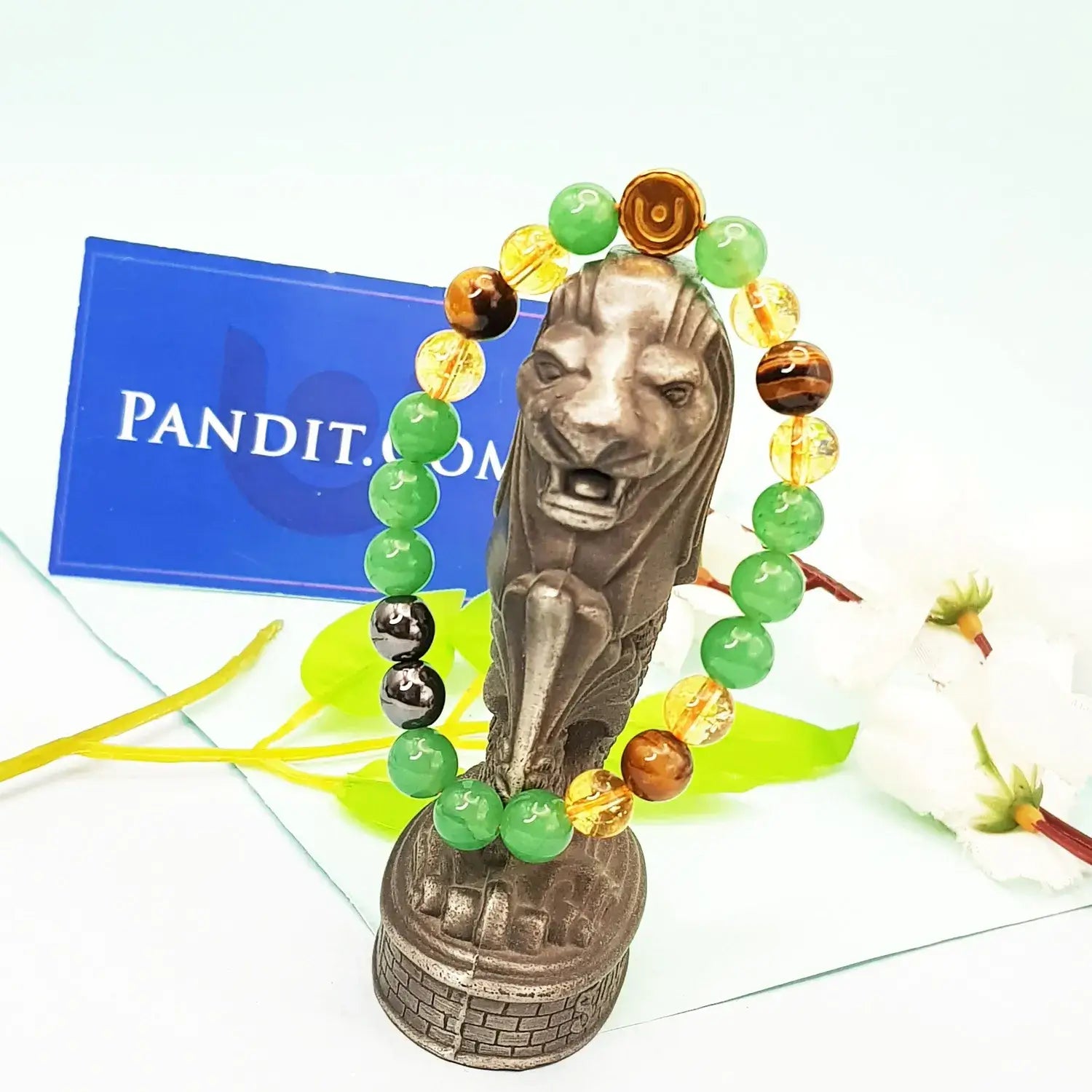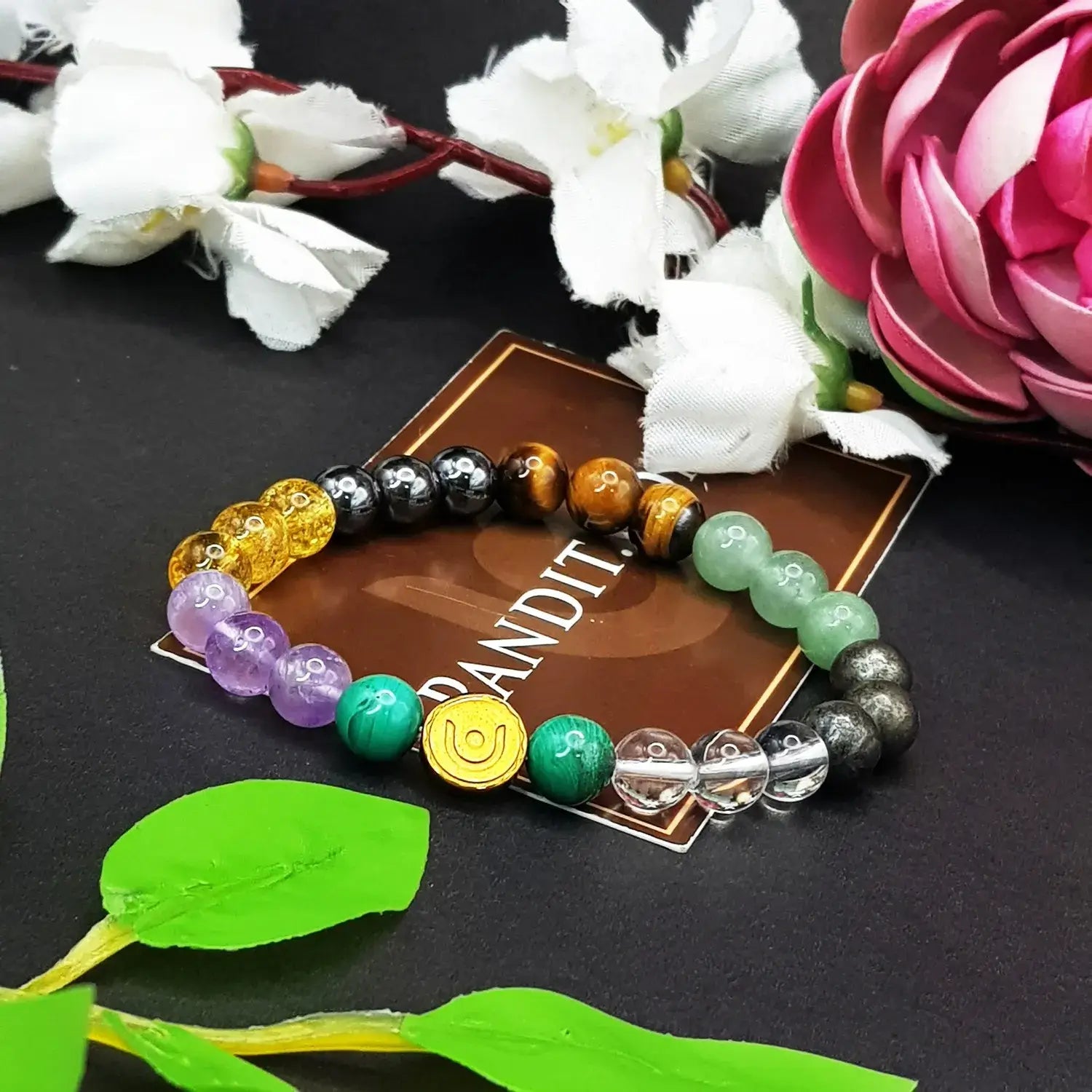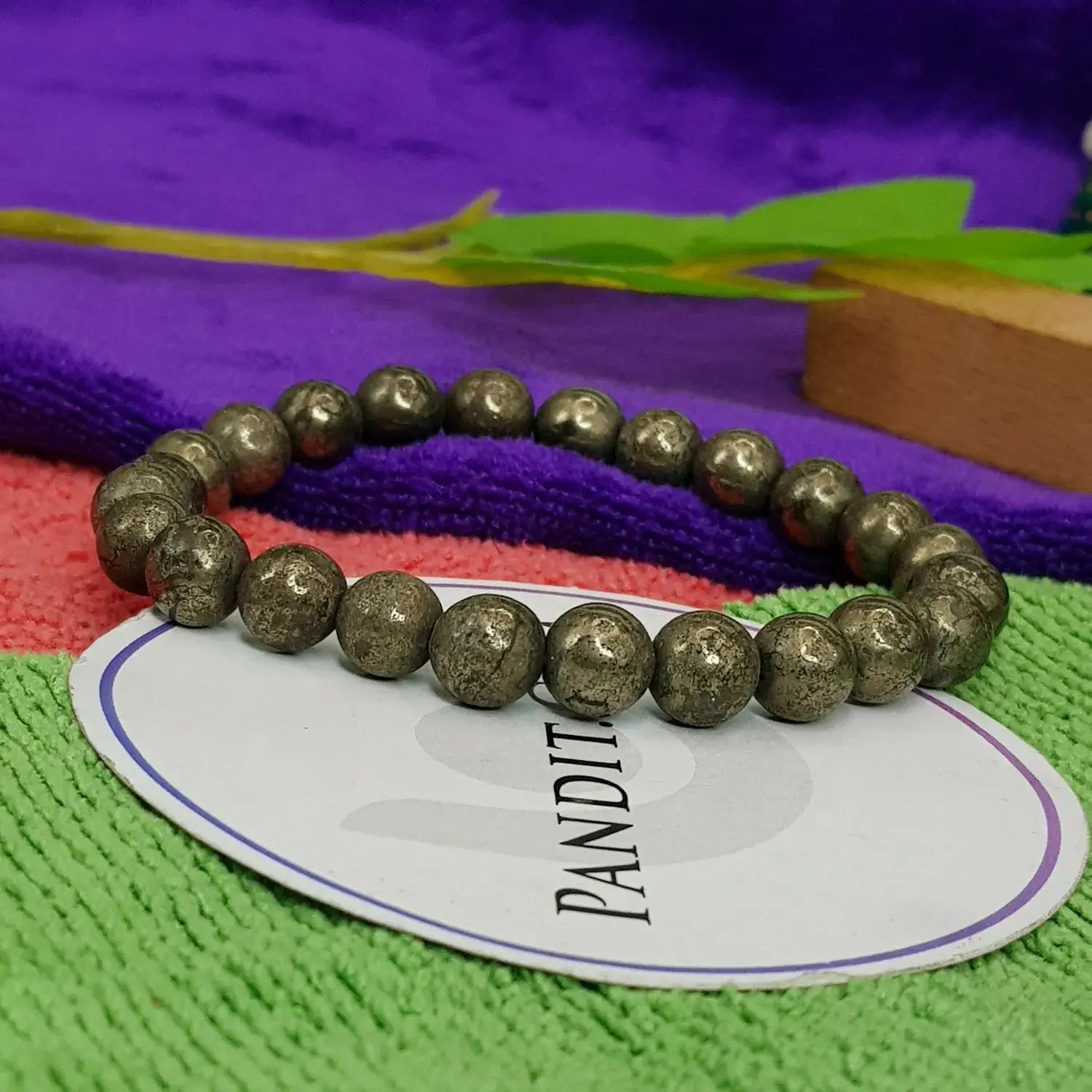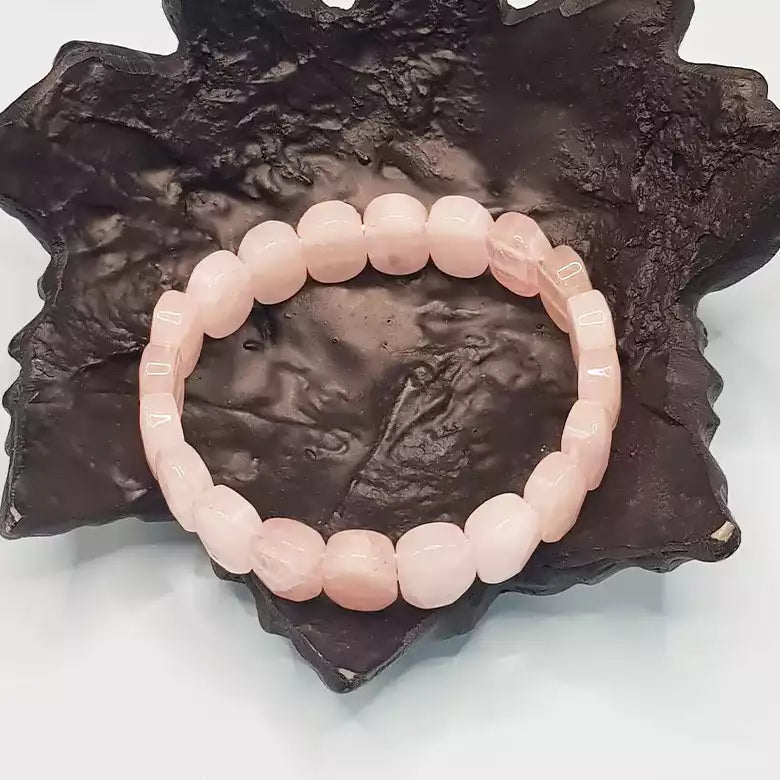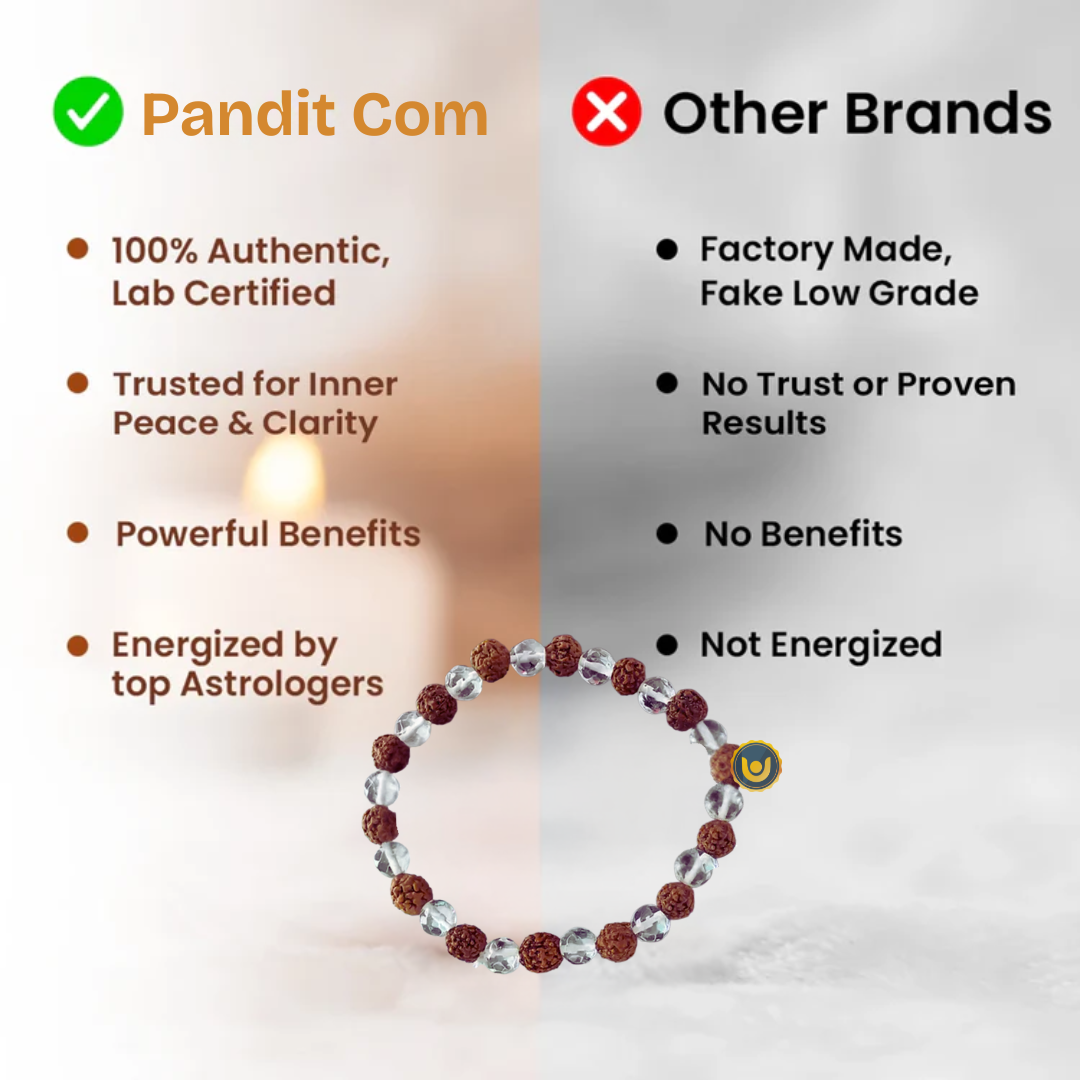Give it a thought: when you love someone, what would you give them for their happiness and well-being? The answer is simple: Everything.
Well, that completely relates to Jivit Putrika Vrat or festivity.
Jivit Putrika is that divine day or the period when a mother observes a fast for her children by not eating anything and praying to the almighty for their forever wellness.
About thousands of mothers in Bihar, Jharkhand, Eastern Uttar Pradesh and Nepal celebrate this festivity for the long life of their children. And it’s not just about not eating anything on this day, but it’s about the faith in the God that he will bless her children with eternal love, growth, success and prosperity in life.
Let’s unlock the story behind this vrat and the importance it holds in our Hindu Mythology:
The Story Of The Legend Of Jimutavahana
According to the Hindu scriptures, once there was a humble king named Jimutavahana who gave his kingdom to his brothers and retreated to the forest. Upon his arrival, he saw a heartbroken woman, who now had the turn to feed the Pakshiraj Garuda, as she was from the snake family.
Knowing the feeding custom, the king said nothing would happen to her child. The king himself, wrapped in a cloth, was presented to Gaurda.
Garuda was about to consume him, but he saw no fear in the king’s eyes. So, he inquired about him. King told him the entire story, and upon listening to it, Garuda was moved by the king’s compassion and kindness.
After this incident, Garuda assured him that he would no longer demand sacrifices from the family of snakes. This brought a wave of happiness to all the Nagavansha, and they blessed the king with eternal happiness, prosperity, and good fortune.
The Importance This Vrat Holds
1. It’s a Mother’s Unspoken Feeling
A mother always wishes for the best for her children. Keeping the vrat of Jivit Putrika, a mother assures her offspring’s good fate, healthy living, and success in every affair her children take on.
It’s like an unspoken vow or a feeling of a mother in which she says, “Let me endure for my kids and let my children flourish.”
2. A Ritual Crossing Generations
The vrat held great importance in the past generations and now too as well. The belief is real, which is why the tradition has been woven through generations. Even grandmothers teach about it, and mothers pass it on. So, every mother who wishes for their children's wellness must observe this vrat and celebrate the festivity.
3. A Festivity For Protection & Strength
The vrat reflects the role of a mother, just like the story of King Jimutavahana, in which the mother did not want anything to happen to her son. So, this vrat symbolizes a mother’s dedication, love, courage and intention of saving her son, having faith in the deity.
4. Connection To The Hindu Mythology
The vrat is connected and mentioned in our Hindu scriptures and says all about the king Jimutavahana’s self-sacrifice. It is believed that by keeping fast on this day, one can seek blessings from Lord Shiva and Vishnu ji and also other deities for the family.
5. A Spiritual Act
Observing this vrat, one can connect to the higher deity spiritually. In fact, it’s the divine time when mothers especially can pause, reflect, meditate and realign themselves with the spiritual realm with purity, patience and love.
Rituals Performed Observing Jivit Putrika Vrat
1. Nahai-Khai: It’s the first thing to do when a mother keeps this Vrat. This ritual is performed on the seventh day before the fast (saptami tithi). Mothers take a holy bath and make a pure vegetarian meal, which could be rice, louki, or rice mixed with ghee and jaggery.
2. Vrat on Astami Tithi: Mothers then observe Vrat on the Ashtami Tithi of the Krishna Paksha in the Ashwin month. The fast is kept by not even consuming water, called Nirjala vrat, for the entire day and night.
3. Lord Shiv Puja & Vishnu Puja: Mothers worship Lord Shiva and Vishnu ji on this day by keeping the Lord Shiva Rudraksha Shivling and Vishnu idol at the altar. Also, Jimutavahana is worshipped, who is a hero and the deity associated with this significant vrat. The puja is done in the evening and night, for invoking the deities’ blessings.
4. Making of Jitiya Threads: A red-yellow dhaaga or thread, is tied around the neck or wrists, which is believed to protect the child. In some regions, the thread is also tied to the peepal trees.
5. Night Jagaran: Mothers stay awake chanting and praying to the deity the whole night, doing Jagran. This reflects the unwavering love and emotion of mothers towards their kids, that she wants the best life for their sons and daughters.
6. Parana - Breaking the Fast: The fast is broken on the Navami tithi when mothers take a bath and offer naivedya (offerings) to the deities. After the puja is done and offerings are made, the mother then consumes food, usually eating the fruits or the light traditional dishes.
Final Thoughts
So, this was all about the ritual and the importance Jivit Putrika Vrat holds for mothers. In addition to just performing these rituals, mothers also listen to vrat katha together when they assemble for puja in mandir. Folk songs and stories of Jimutavahana are also shared and recited.
Want to know how this vrat is observed in Nepal and Bihar specifically? Or need a consultation for any other rituals or vrats? then feel free to contact pandit.com.
Seek divine guidance from Pt. Rahul Kaushl, who has decades of experience in Vedic astrology, spiritual wisdom and Vastu Shastra. If you are facing any astrological challenges or struggling with the Vastu doshas, then the expert guidance from him would provide you the real-world results.
Stay connected to get your stars aligned with us!
Hari Om!


